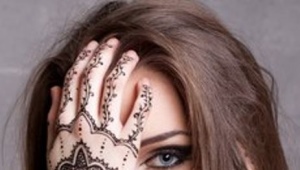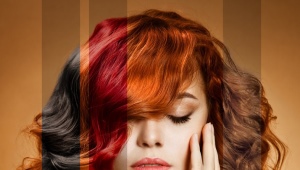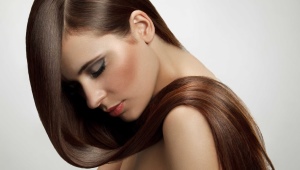Coffee and henna for hair coloring
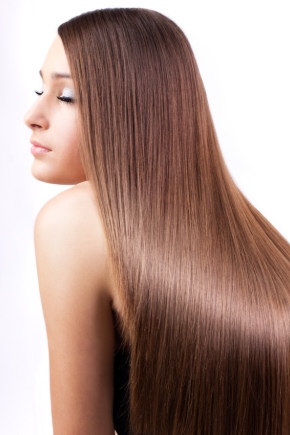
One of the secrets of female beauty is the health of hair, the condition of which depends on many factors. Including from the methods of dyeing, the composition of coloring agents, the chemical elements of which negatively affect the hair. In this case, natural remedies come to the rescue - coffee and henna, which can be successfully used at home.
Peculiarities
Both of these natural remedies are gifts from warm countries, where people have long discovered their miraculous properties. For centuries women have used henna not only for dyeing hair, wool, nails, or decorating the body for aesthetic and religious purposes, but also for the treatment of skin diseases, bone diseases, and the treatment of wounds.

His Majesty coffee perfectly fights baldness, as it reduces the production of dihydrotestosterone, which causes the destruction of the hair follicle. Its main components (antioxidants) protect the hair from external negative influences, and the mineral complex moisturizes and saturates them with nutrients.
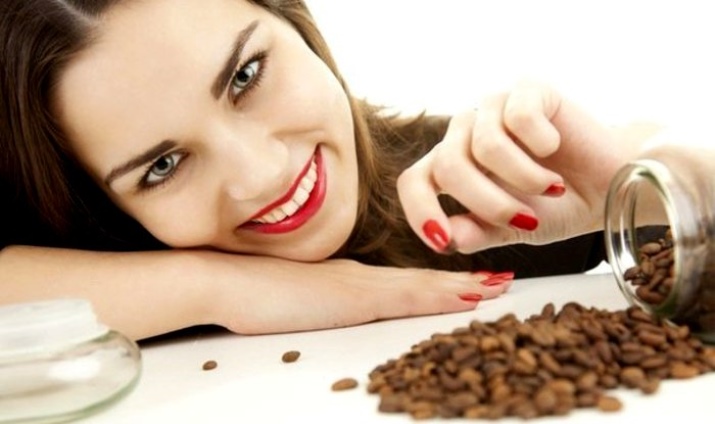
Each of these herbal products do their job well on their own, but together they can achieve truly unsurpassed results: give curls a charming glow, strengthen hair follicles, get rid of dandruff and get natural chocolate colors. The main thing is to arm yourself with desire, time and the tools necessary for the staining procedure.
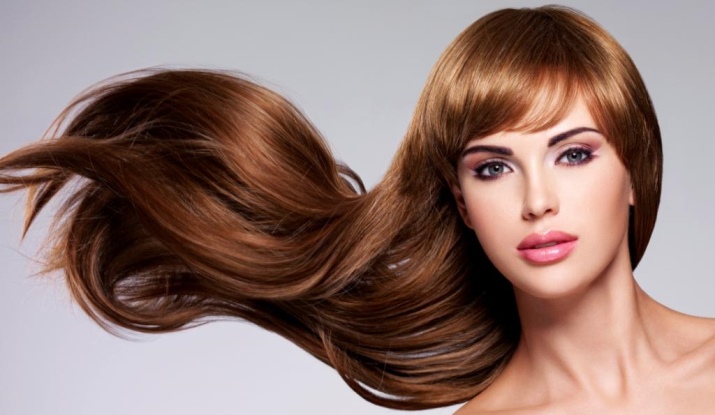
Application
To start the painting process, you need to stock up with all the necessary tools for this: polyethylene or rubber gloves, wooden or plastic comb, regular sponge or wide brush, deep-bottomed bowl. Owners of long curls will need fixing hairpins.
The coloring mixture is prepared according to the basic recipe, which can be supplemented or changed (depending on the desired shade).
To do this, you need to combine a twenty-five-gram bag of henna with 50-100 g of coffee and pour them with freshly boiled water, then mix thoroughly until a homogeneous slurry. So that it does not cool down, the container must be placed in a water bath. The brightness of the color depends on the temperature of the resulting paint.
Then evenly apply the resulting mass on clean, dry strands and wrap your head with a film, putting something warm on top. After some time (from half an hour to six hours), you will need to wash off the dye with warm water without shampoo.
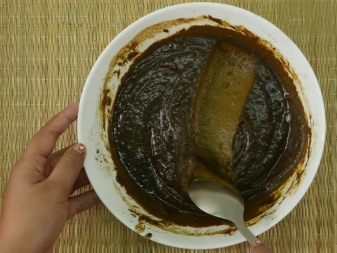
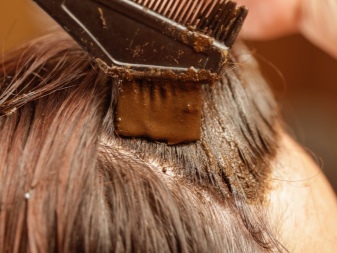
For gray hair:
Add basma to the mixture of henna, liquid and coffee (in a ratio of 1: 1: 1). It will avoid redness and give the hair a darker color. For a better result, it is better to increase the exposure time.
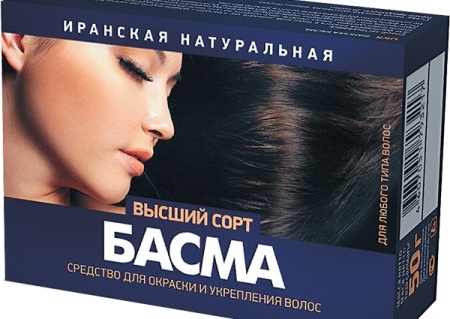
For a chestnut color:
Pour half a glass of dry onion peel with hot water to cover it completely. Boil everything together and let stand for about half an hour. Then heat the mixture again and bring to a boil, add 1 teaspoon of black tea and again let it brew for about 30 minutes. Then you need to repeat the procedure again with boiling, and after half an hour of exposure, add 1 tablespoon of coffee and henna. So that the mixture does not cool down, you need to periodically heat the bowl with the mass in a water bath.The resulting gruel should be applied to the hair and kept for 40 minutes under a film and a thick towel. The longer the exposure time, the more intense the color will be.
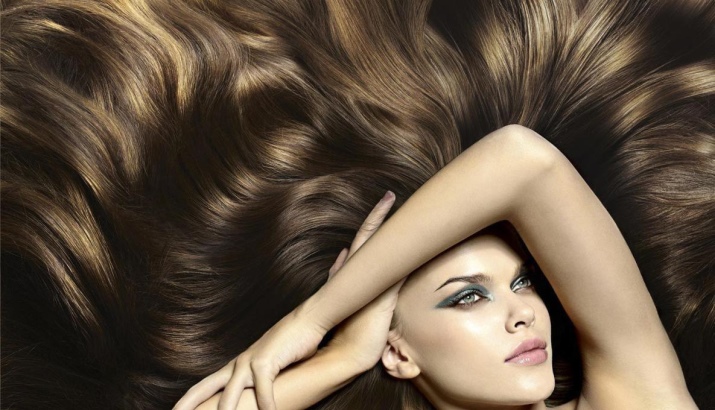

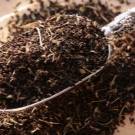
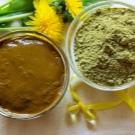
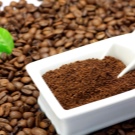
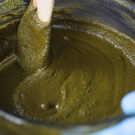
Owners of dry hair should:
Add a conditioner (¼ cup) to the main recipe, which will soften and moisturize the damaged tips.
The resulting hair color depends not only on the composition and temperature of the dye mixture, but also on the duration of exposure. Many women cover their heads with a film, and warm them with a terry towel or scarf on top.
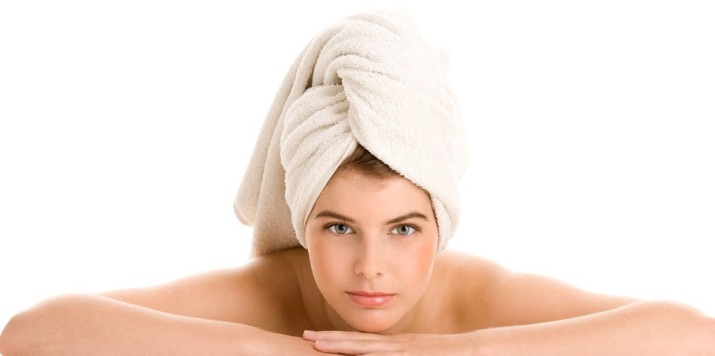
How to get a beautiful chestnut shade using henna and coffee for hair coloring, see the following video.
Benefit and harm
The combination of henna and coffee has a number of positive qualities that allow:
- dye your hair at home
- carry out the procedure an unlimited number of times;
- vary the intensity of shades;
- strengthen and accelerate hair growth;
- get rid of dandruff;
- saturate the scalp with nutrients;
- give the strands a charming glow.
Of the shortcomings:
- with the wrong ratio of substances, you can make a mistake with the color;
- long duration and complexity of the procedure;
- it is difficult to repeat the desired color.

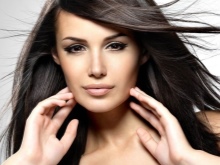
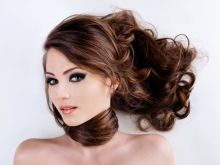
What do you need to know?
In order to properly prepare the coloring mixture, you should know that henna is available in bags in powder form, in vials in diluted form and in pressed form in tiles. Dry and liquid dyes are more convenient to use, since they do not need to be rubbed into small chips. But in the tiles there is cocoa butter and clove buds.
Henna comes in dark shades and even red. It is also colorless. This option is used to treat damaged hair.
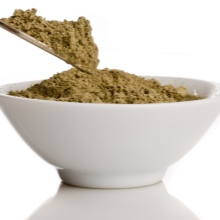
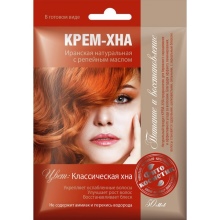
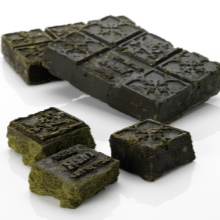
It is better to take roasted coffee or crushed Arabica beans.An old stale or drunk drink will not give positive results. The essential oils and antioxidants of good fresh coffee will not only give you a pleasant aroma, but also have a beneficial effect on the skin.
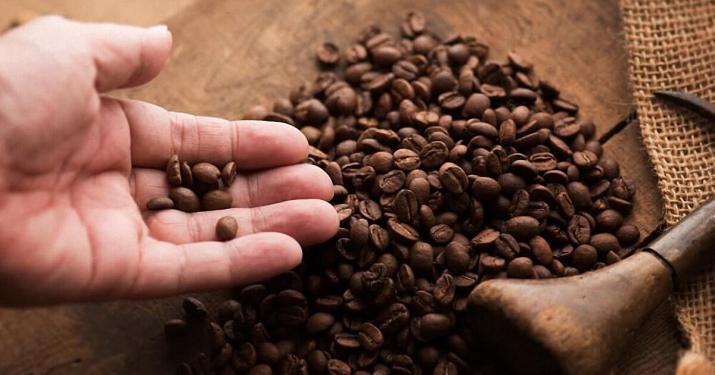
Some tips to remember:
- the hotter the henna, the more saturated the color, but in no case should the agent be heated in a microwave oven;
- the lighter the hair, the more intense the shade;
- in order not to paint the skin on the head, it is better to lubricate prominent areas with a greasy cream before the procedure;
- the first three days after dyeing, it is advisable not to wash your hair to allow the dye to fix;
- to avoid an allergic reaction, it is advisable to check the effect of a mixture of henna and coffee on the body, after applying a little paint to the inner bend of the elbow.
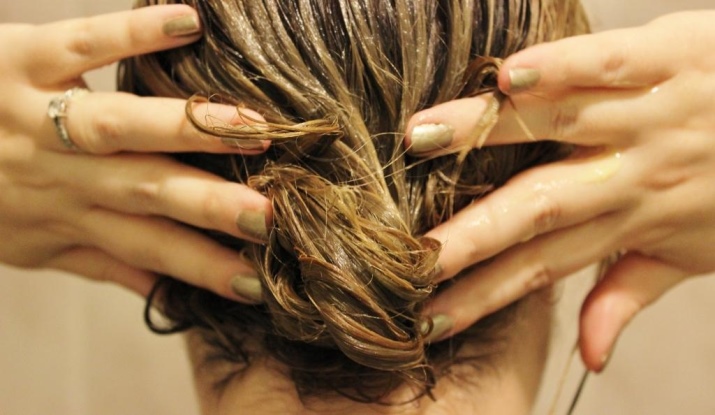
Reviews
Today, like many centuries ago, millions of women enjoy using henna in combination with coffee and note their beneficial effect on hair and scalp. The strands acquire a natural chocolate shade, a healthy glow and an indescribable aroma of fragrant herbs and coffee.
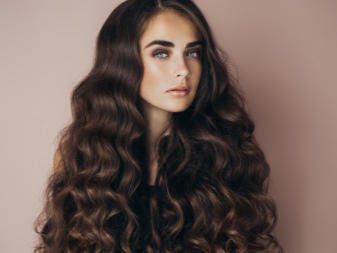
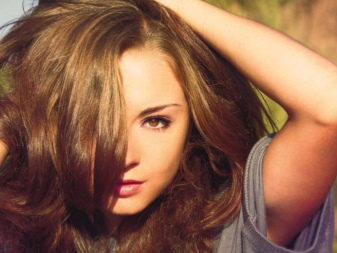
It is noticed that the mixture of these plant components strengthens the hair and saturates them with nutrients, which is very useful in the autumn and winter periods. If we take into account the cost-effectiveness of the procedure, then such staining will give odds to many modern options.






















